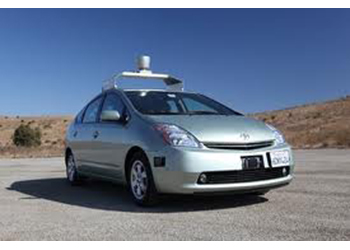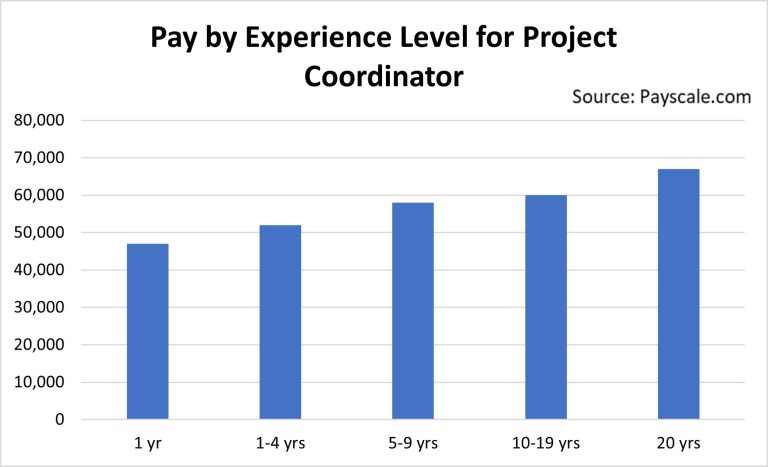Drones: Coming Soon to Your Business!

Your business will be using drones — driverless vehicles — sooner than you think.
I was on a plane recently sitting beside a pilot who was “deadheading” back to Toronto. We started talking about technology and the latest in cars that can drive without human intervention. This discussion led me to ask: the technology is there, but is it reliable?
I asked the pilot, “Who would trust technology that required drivers to take their hands and feet off the instruments on a busy highway?” His answer surprised me.
He said, “Right now, the plane we are in is driving itself. There is a system on board that is monitoring all other planes in the sky. The planes’ computers are talking to each other and determining where each should be to best avoid any possible accident. If two planes come too close to each other, the system would automatically override the pilot’s command, and through conversation with the other plane, determine the routes necessary to avoid the accident. So, 250 people in a plane flying at 35,000 feet are already using and trusting the technology needed to drive a car carrying one person on the ground.”
He went on to explain that planes flying to Europe use technology to determine how best to fly together in bulk to reduce fuel consumption. Also, as you read this article, federal regulators in the United States are developing drone flight corridors for cargo planes. Every jet engine on an airplane in the sky today is not being monitored by the pilot, but by someone sitting in front of a terminal on the ground.
California may be less than five years away from allowing drones on roads. There are mining operations in Australia where trucks are droned and controlled by an office worker. The trucks drive 24/7, no stopping, no shift changes, no lunches or bathroom breaks.
Amazon made headlines a few months ago, with their announcement that drones would be delivering book-sized packages to homes.
Before we see this shift in the use of drones, we are more likely to first see an opposite effect.
We need to think big, really big. Think container ships, called ghost ships, crossing the oceans, being piloted from a computer without a crew on board. This will improve safety; most incidents at sea result from human error. It will also save money; without a crew, there is a cost saving — not only in manpower but in fuel economy. Without the need to hurry to reach a destination for the sake of the crew, these giants of the sea can travel at slower speeds. A 30% reduction in speed saves 50% in fuel.
I recently attended a presentation by Dan Tapscott (author of Wikinomics, The Digital Economy) who is now the Chancellor of Trent University. He spoke about the need for cities to improve their public transit. When asked whether the future of public transit is light rail or subway, he said neither. His answer was “drones.” The infrastructure is in place, the technology is here. Cars today are massively underutilized. Most people drive their cars less than two hours a day. Cars are sitting idle for 90% of the time. We should all be using drones to be picking us up and dropping us off, then allowing them to move on to their next assignment.
The same can be true for delivery trucks, all programmed from a computer desk for maximum coverage and scheduling. For a ½-tonne shrink-wrapped pallet shipped across the country, you get one type of drone arriving for the delivery, while for a three-pound package going across town you get another. All designed to fit the cargo, without a cab, just a closed box on wheels. Set the coordinates and off it goes.
In closing, more and more technology on board a vehicle is distracting to the driver and is seen as a growing problem by regulators in this country. Ontario just increased fines for texting while driving, which is a good thing. Some people lament the use of more and more technology in cars and trucks because of the risks. I think they would be better off focusing on and eliminating the real problem creating car accidents — “the human gap” between technology and the operation of the vehicle.
Rick McCarten is Vice President, Electrical Council, Electro-Federation Canada.











